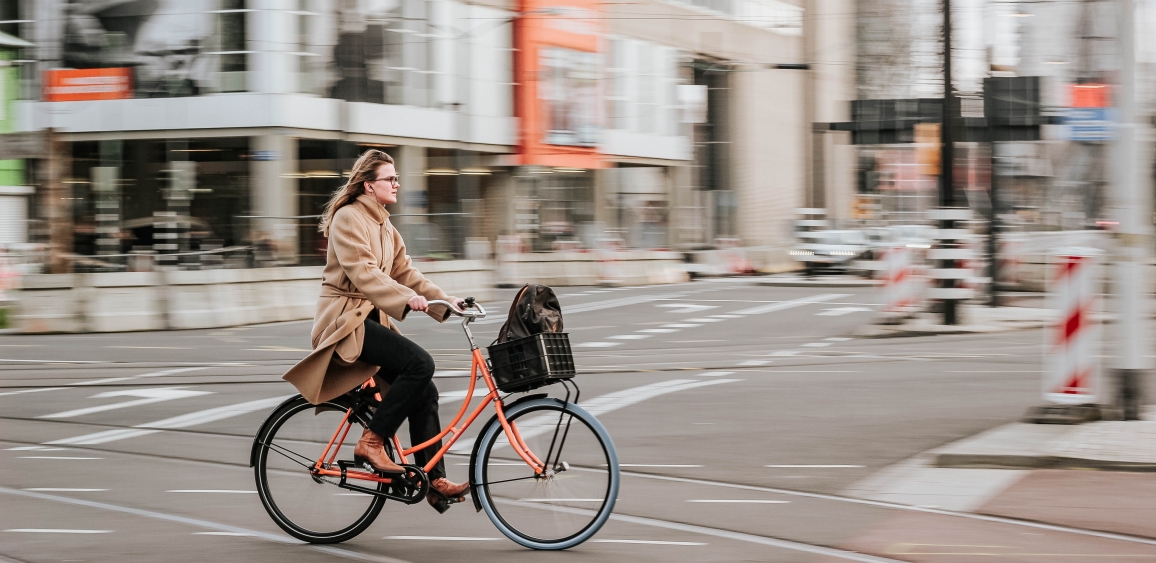Iginio Rossi, Francesco Sbetti, INU-URBIT
The emergency experienced over the last two years has further highlighted the decisive role of movement, particularly of people, in terms of urban functioning and quality of life. As a result, mobility has taken on complex and articulated roles that have turned it away from being a specialist, indeed sectoral, function in the planning and design of urban and territorial space. The mobility system is a synonymous of the housing system: to be efficient, both imply coherence with integration, inclusion, wellbeing, etc. In this cultural context it is evident how active mobility (walking and cycling) can have a significant impact on the overall quality of individual and collective life. Increasing the infrastructures that allow it to operate, grow and spread is one of the priority actions in this period of adaptation, change and ecological transition of cities. More generally, active mobility can become one of the main ‘deposits to produce’ urban regeneration and sustainability. But for this to happen it is necessary to act with connected and up-to-date policies, strategies and tools, as well as to treat public space with the necessary sensitivity to make it usable by forms of active mobility.
L’incontro promosso da INU-URBIT in collaborazione con FIAB-ComuniCiclabili attraverso l’approfondimento di studiosi e l’esposizione di casi virtuosi consentirà di definire meglio l’agenda delle priorità che già si stanno delineando nel Paese grazie alle nuove azioni messe in atto da molti Comuni e che riguardano: l’integrazione del quadro politico e strategico in cui si collocano gli interventi di mobilità attiva; la trasformazione d’uso delle aree a parcheggio dei veicoli inquinanti; l’aggiornamento degli standard urbanistici in più efficienti standard prestazionali. In conclusione verrà proposto da INU-URBIT-FIAB un manifesto della mobilità attiva per la transizione ecologica delle città.
PROGRAMMA
Motivations and expectations:
Iginio Rossi, INU-URBIT
Some experiences for the urban and territorial quality
“Cycling: from planning to investment in the cycle network”
Nadia Bellomo, Strategic Planning Organizational Position, Metropolitan City of Florence
“Cycleways and landscape in Sicily. EuroVelo tested in Southern Italy”
Luca Barbarossa, University of Catania
“City care and sustainability”
Paolo Gandolfi, Direttore Area Sviluppo territoriale PG, Comune di Reggio Emilia
“Programma di riuso di aree a parcheggio per attrezzature green-smart-mobilità attiva”
Fabio Finocchiaro, Director Territorial Development Area, Municipality of Catania
An active mobility manifesto for the ecological transition of cities
“Regenerating car parks, a new opportunity for cities”
Francesco Sbetti, INU-URBIT
“Cycle mobility for urban regeneration”
Alessandro Tursi, FIAB President
“A nature-based start for cities”
Dante Caserta, WWF Deputy Chairman
“Towards a new law of principles for spatial governance”
Paolo La Greca, President National Centre for Urban Studies
Chat Interaction:
Barbara Chiarelli, University of Trieste
Italiano

Contributions